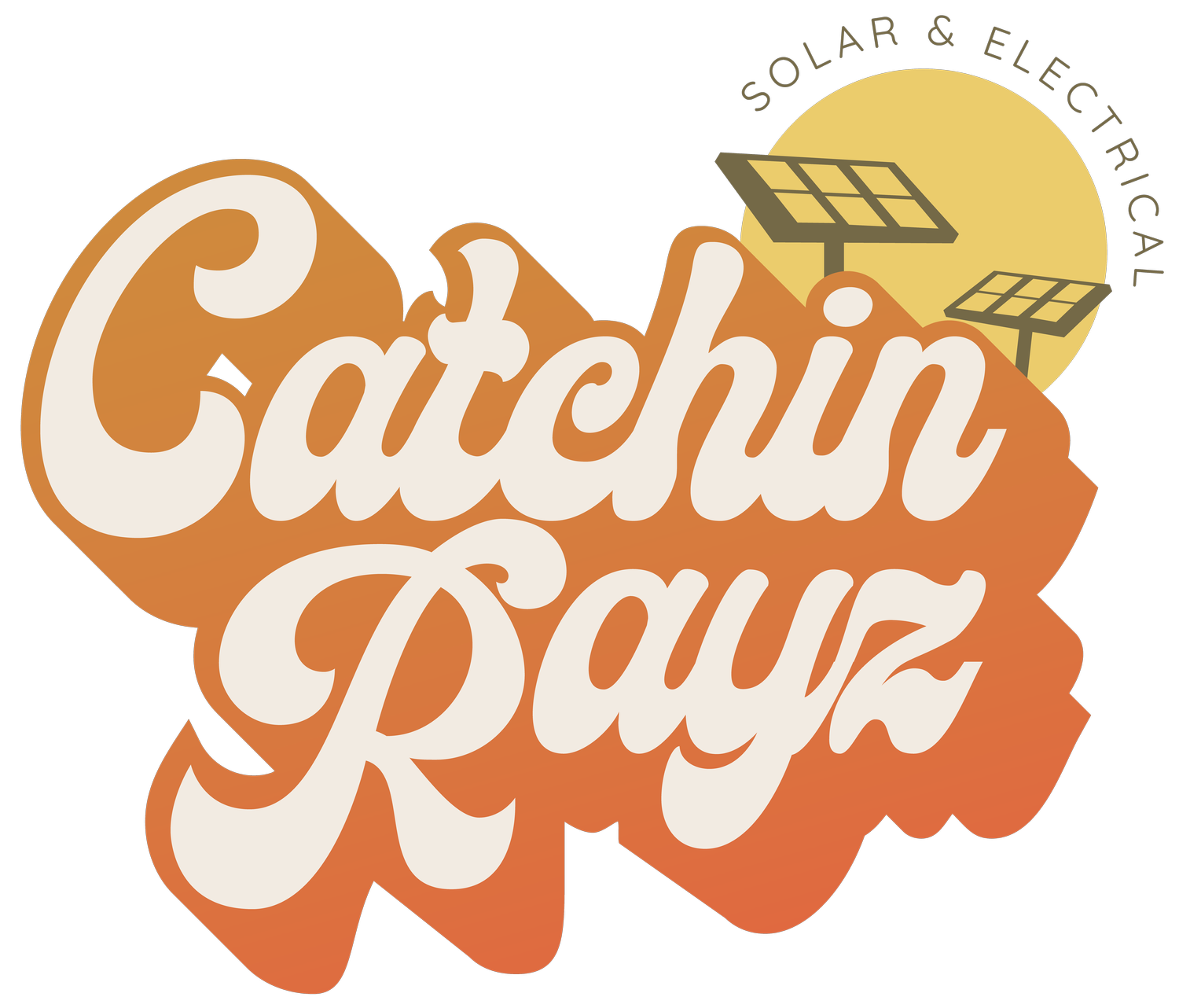Solar Panel Maintenance
Why service my solar power system?
As the demand for sustainable energy solutions continues to rise, solar panels have emerged as a popular choice for harnessing the power of the sun. However, to ensure that your solar energy system operates efficiently and reliably for years to come, regular maintenance is essential.
The panels on your roof are often exposed to harsh weather conditions, while your inverter tirelessly plays the middleman between AC and DC electricity.
There’s no doubt that solar power systems are built to be tough and reliable, but just like running a car, regular servicing is the best way to ensure everything remains safe and efficient.
Solargain recommends servicing your solar power system once a year. This will guarantee that your unit is producing as much renewable electricity as it should be.
Most importantly, regular solar power system servicing helps safeguard against any mechanical problems in the future, so that you can get the most out of your investment.
What’s included in the Service?
Full Inspection of all connections - This includes Rooftop Isolators , Circuit Breakers , AC Isolators, Inverter AC & DC plugs.
kW/h production tests of your system, to ensure it still meets expected energy outputs
Shading issue and advice where necessary
Checking for Recalled products
Testing whole array for Voltage , current , earth continuity and polarity.
A full report will be supplied, with tasks completed – including photographs.
As the demand for sustainable energy solutions continues to rise, solar panels have emerged as a popular choice for harnessing the power of the sun. However, to ensure that your solar energy system operates efficiently and reliably for years to come, regular maintenance is essential. In this blog post, we'll explore the importance of solar panel maintenance and provide practical tips for keeping your system in top condition.
Understanding the Importance of Maintenance:
Solar panels are exposed to various environmental factors such as dust, dirt, bird droppings, and weather conditions, which can impact their performance over time. Regular maintenance helps to mitigate these effects by keeping panels clean and addressing any issues that may arise.
Cleaning Solar Panels:
One of the most important maintenance tasks is cleaning your solar panels regularly. This helps to remove dust, dirt, and other debris that can accumulate on the surface and obstruct sunlight. Use a soft brush or sponge and a gentle detergent to clean the panels, and rinse thoroughly with water. Avoid using abrasive materials or harsh chemicals, as these can damage the panels.
It’s recommended to clean solar panels once a year. If your panels are laid flat then you should be cleaning them twice a year.
It’s highly recommended to contact a professional for solar panel cleaning as it can be very dangerous for homeowners to go onto the roof by themselves.Inspecting for Damage:
In addition to cleaning, it's important to inspect your solar panels for any signs of damage or wear. Check for cracks, chips, or scratches on the surface of the panels, as well as loose connections or wiring issues. Addressing these issues promptly can prevent further damage and ensure that your system continues to operate safely and efficiently.
Monitoring Performance:
Keep an eye on the performance of your solar energy system by monitoring the output of your panels regularly. If you notice a significant drop in performance or a sudden increase in your energy bills, it could indicate that there's an issue with your system that needs to be addressed. Monitoring software and tools can help you track the performance of your panels and identify any potential problems.
Professional Maintenance:
While many maintenance tasks can be performed by homeowners, some may require the expertise of a professional. Consider scheduling a professional inspection of your solar panels annually or bi-annually to ensure that they're in good condition and operating efficiently.
Adapting to Environmental Factors:
Adjust your maintenance routine based on environmental factors such as weather conditions and local climate. For example, if you live in an area with heavy rainfall or frequent dust storms, you may need to clean your panels more frequently to keep them clear of debris.
Conclusion:
Regular maintenance is key to ensuring that your solar energy system continues to perform optimally and provide clean, renewable energy for years to come. By cleaning your panels regularly, inspecting for damage, monitoring performance, and scheduling professional maintenance when needed, you can maximize the efficiency and longevity of your solar panels and reap the full benefits of solar energy.
